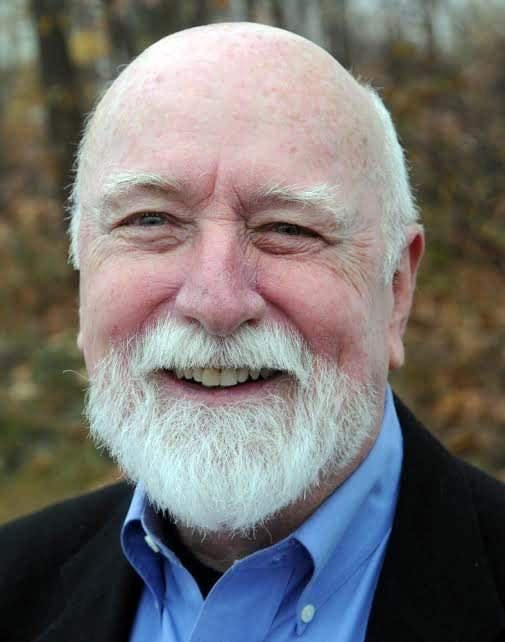When it's OK to find happiness in the misfortune of others, and when it's not
- Oops!Something went wrong.Please try again later.
There is a German word which has no good equivalent in English. It is composed of two other words — schaden meaning damage and freude meaning joy. Taken together, they describe the experience of finding happiness in the misfortune of others.
If you’ve ever gloated when someone else failed or suffered, then you know schadenfreude. I confess to feeling it myself from time to time, and though I don’t find it admirable in me or in others, I have experienced a rash of it recently.
Last week, the U.S. Supreme Court issued a near-unanimous decision (only Justice Clarence Thomas dissented) allowing the release of official White House records which former President Donald Trump had tried to shield from the Select Committee investigating what happened at the Capitol on Jan. 6. This decision, bad news for #45, brought a smile to my face and lifted my spirits for an entire day. “At last!” I thought, “Now things might start to unravel for the man.”
Then I began to wonder: was I happy because the 8-1 decision meant we will learn now what happened prior to and during that dark and deadly day? Or was I happy to see someone who I think deserves punishment get slapped down?
While the SCOTUS was deliberating the president’s claim of executive privilege, the New York Attorney General was busy accusing the Trump Organization of fraudulent asset valuations in some of its real estate dealings. Here was another reason to be happy at another’s misfortune. I wondered again: was my reaction based on the quest for justice or was it a product of my schadenfreude?
Taking pleasure from another’s pain is not limited to those on one side of the political spectrum, of course. It is a universal human trait, I’m afraid. In fact, what started me thinking about it was a comment by the Fox News anchor Laura Ingraham, who cheered when General Mark Milley, chairman of the Joint Chiefs of Staff, was diagnosed with COVID-19. This despite his having been fully vaccinated and boosted. Ingraham was positively gleeful about Milley’s medical condition.
Previously, there had been a spate of similar responses following the deaths of some prominent Republican anti-maskers (e.g., Herman Cain) and anti-vaxxers (e.g., Bob Enyart). Several such deaths have been reported, pleasing many online trolls who seemingly could not have been happier at their passing.
While COVID and the misery it has caused seem to have made schadenfreude more common, the pandemic clearly did not plant this trait in our culture. Many examples could be drawn from the years B.C. (Before COVID). The former president comes to mind again. Trump frequently delights in ridiculing and mocking his enemies. His cruel imitation of a physically disabled reporter at a South Carolina campaign rally in 2015 is not easily forgotten. Schadenfreude seems to hold a central place in the man’s character.

The urge to gloat at the misery of others may be universal and long-standing, but that does not make it right. I suggest it might be related to bullying; perhaps a key trait of bullies everywhere. Whether it happens on the playground, online or in government, bullying reveals a kind of schadenfreude.
Pushing someone else around, making them feel belittled or afraid, mocking and gloating over their suffering comes from a person’s character and whatever personal history created that character. I thought that a way around this (naive as it may seem) would be for us to recognize we are all the same.
This idea brought me to an old Peter, Paul and Mary recording of a song called “Don’t Laugh at Me.” You can find their moving video on YouTube. Maybe you’ll remember it:
I'm fat, I'm thin, I'm short, I'm tall
I'm deaf, I'm blind, hey, aren't we all
Don't laugh at me
Don't call me names
Don't get your pleasure from my pain
In God's eyes we're all the same
Someday we'll all have perfect wings
Don't laugh at me.
It is right to be pleased when justice is done and when bullies are sidelined, but gloating and celebrating the suffering of others crosses a line.
Ron McAllister is a sociologist and writer who lives in York.
This article originally appeared on Portsmouth Herald: Find happiness in others' misfortune: when it's OK and when it's not
